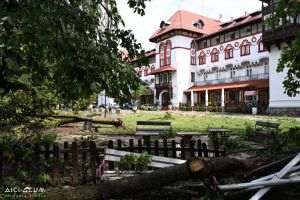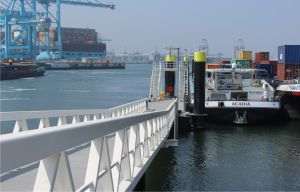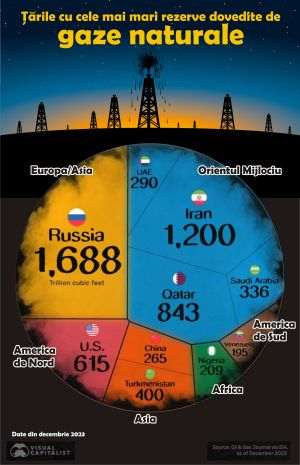Our country is in the middle of the European ranking in terms of burnout, but it is registering an increasing trend, especially among young people, claims Professor Dragoş Iliescu, a lecturer at the University of Bucharest. He noted that occupational stress is becoming a constant factor, present in various professional fields and types of organizations, from corporations to the public sector, with significant effects on physical and mental health. Dragoş Iliescu held, in the Romanian Academy Hall, the conference "Stress and burnout in modern-day Romania", where he stated: "Romania is neither too much nor too little. I often see alarming headlines: "Romania in the top countries with burnout', "Romanians work a lot', or rather, "Romanians work little'. All kinds of studies like this. The principle studies, in which this phenomenon is measured in several cultures, show that we are somewhere in the middle of the European ranking. We are neither one of the protected countries, nor one of the extremely vulnerable countries in this regard". Starting from the definition of everyday stress, often neglected, but which, when accumulated, contributes decisively to the general state of exhaustion, Dragoş Iliescu analyzed the burnout syndrome, considered by many specialists as an "epidemic" of modern society. He argued that in our country there are differences between the public and private sectors regarding occupational stress: "Not only do you have lower salaries in the private sector, but you also have more stress in this area, it seems more working hours. At the same time, you have an intergenerational difference, with higher rates of self-reported stress in the younger generation, higher rates in urban areas than in rural areas. Although, objectively, you have much more work in rural areas. Different people look at the phenomena they go through differently, the stimuli they receive from the environment, which is why their perception of the toxicity of a certain phenomenon differs even when the phenomena are objectively similar." Dragoş Iliescu, however, stated that the link between burnout and work addiction, which is on the rise in Romania, is obvious: "At the same time, the phenomenon is on the rise, generally after the pandemic. It seems that there has been a shift, rather in the expectations that employees have and in the things they are willing to tolerate. What we know about the causes is that they are predominantly contextual, the stereotype we live with being that stress is a human issue, therefore it comes from the human being. Nothing could be more false, it always comes from the context, it is a reaction to a stimulus, it is a reaction that perhaps some people "metabolize' more easily than others." The harmful effects of burnout, including decreased productivity, the impact on personal relationships and long-term health problems, require, the psychologist argued, increased attention from employers and the use of methods through which resilience can be cultivated to better manage daily pressures. Professor Iliescu also spoke about solutions: "There are multiple solutions, but most of them are always in the hands of the employer, because that is where the cause comes from, when there is a problem. Different countries have taken different routes, but in countries that are known to have good legislation and lower rates (of burnout, ed.), because this type of legislation has positive effects in the end, the field of psychological toxicity at work is somehow regulated. There are obligations that fall on the employer. For example, Austria, Belgium, Great Britain, the Nordic countries somehow impose an obligation on employers who have more than 50 employees to explicitly deal with stress at work, to conduct annual stress audits and to take the necessary measures".
Dragoş Iliescu is a university professor at the Faculty of Psychology and Educational Sciences, University of Bucharest, and director of the doctoral school. Professor Extraordinary of the University of Stellenbosch, in the last 25 years he has been involved in numerous consultancy projects, leading or being part of teams of large-scale projects on psychological and educational testing and assessment, in commercial or governmental contexts, carried out in Europe, Asia, Africa and South America. Dragoş Iliescu has officially represented numerous national and international professional associations, was the president of the International Test Commission (ITC), and is currently the president of Division 2 (Psychological and Educational Assessment), International Association of Applied Psychology.








































